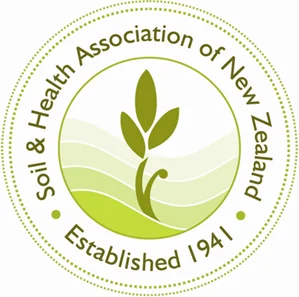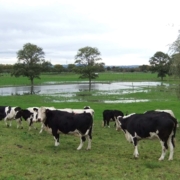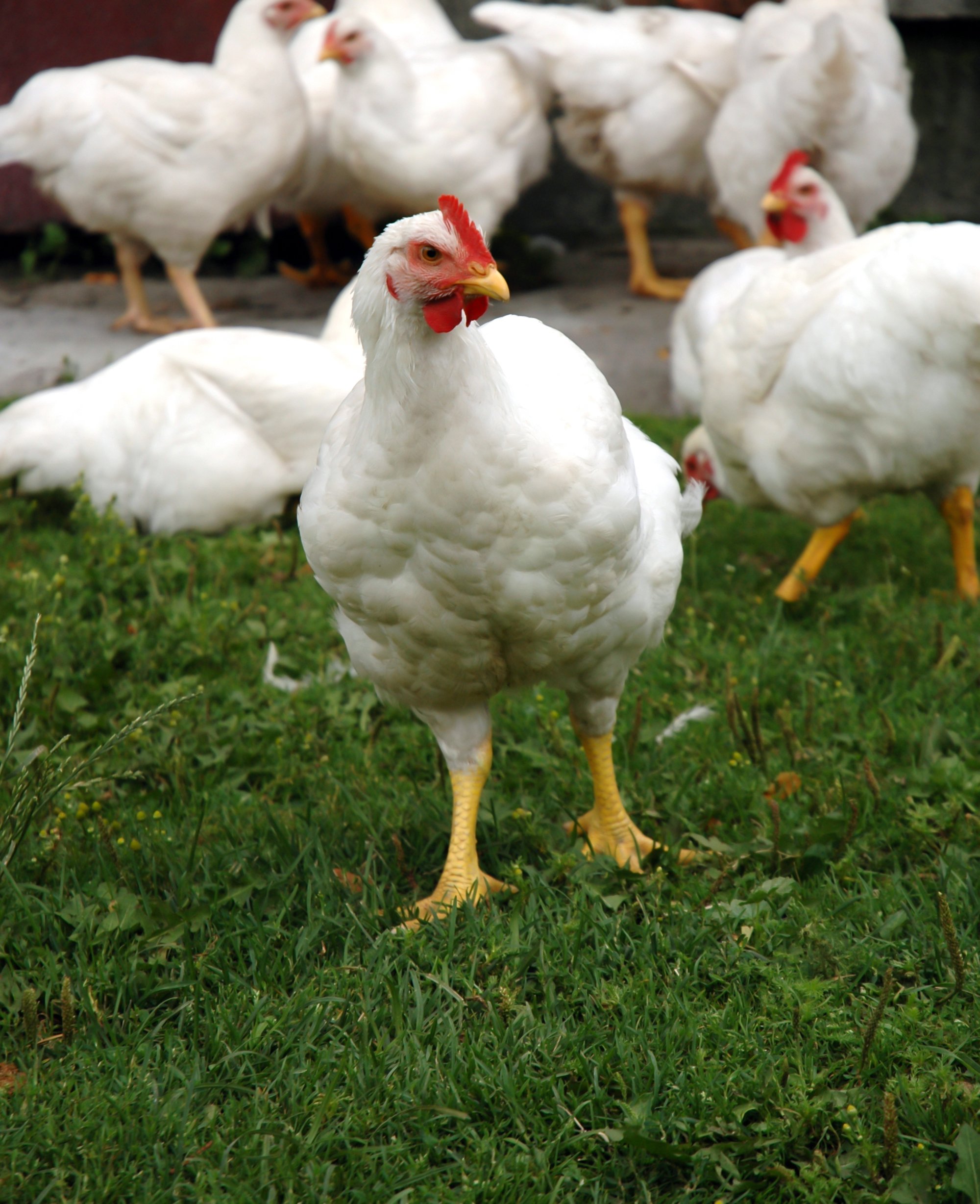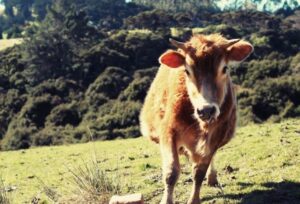Soil & Health welcomes end to GE animal trials after 25 years of suffering
MEDIA RELEASE
6 OCTOBER 2025
Aotearoa New Zealand – The Soil & Health Association of New Zealand welcomes the end of animal genetic engineering trials that have taken place at AgResearch’s Ruakura facility for more than two decades.
“These experiments caused immense animal suffering and should never have been allowed to happen,” said Charles Hyland, chair of Soil & Health.
The Association applauds GE Free NZ for exposing the scale of the harm. Their report, based on AgResearch’s own annual statements, documents spontaneous abortions, cancers, deformities and other adverse effects on cattle, sheep and goats.
“After 25 years and tens of thousands of dollars of public money, these experiments have delivered no benefits,” Hyland said. “We are deeply concerned they could resume if the proposed Gene Technology Bill is passed. Animals must not be subjected to such cruelty again.”
“New Zealanders – and our overseas markets – expect high animal welfare standards and food that is healthy, ethical and safe. The future lies in organic and sustainable food and farming.”
ENDS
FURTHER INFORMATION: Genetically Engineered Animals in New Zealand 2010 – 2025: Part 2 – The second fifteen years (GE Free NZ)
Media contacts:
Charles Hyland, Chair, Soil & Health Association of New Zealand, 027 707 0747
Philippa Jamieson, Organic NZ editor, Soil & Health Association of New Zealand, 027 547 3929
Email: editor@organicnz.org.nz
Website: www.soilandhealth.org.nz

TOP IMAGE: Genetically engineered cows at AgResearch’s Ruakura facility in 2011 (Photo: Steffan Browning)



